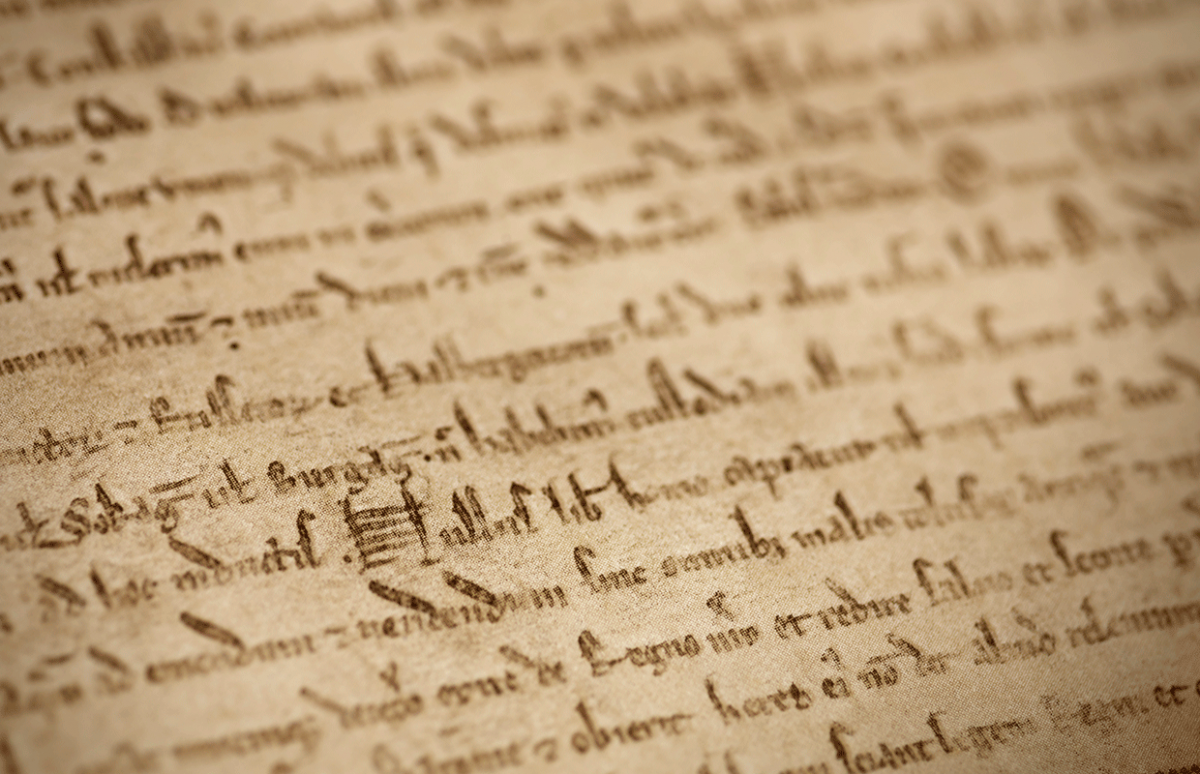On 25 October, a man was arrested in Salisbury Cathedral in England. He was trying to steal the cathedral’s copy of the Magna Carta, a major symbol of democracy.
The Magna Carta (1215) is one of the most important documents in British, not to say world history. It represents the first time a British monarch was recognised as being subject to the law of the land, and its spirit lives on in the U.S. Constitution, English law and the Universal Declaration of Human Rights.
In 1215, there was civil war in England. A group of barons rebelled, infuriated by King John’s constant demands for taxes to fund unsuccessful wars. They captured London, and the king was forced to sign a document giving into some of their demands. Most of the clauses in the Magna Carta (the Great Charter in the original Latin) were about specific grievances at the time. But some of them lived on through revised versions of the charter to become embedded in English law. The most influential said that free men could only be judged by their equals and according to the law of the land. In other words, the monarch couldn’t arbitrarily imprison people or seize their lands. This right of habeas corpus is the basis of most justice systems around the world today.
At the time, the rights in the Magna Carta were only applicable to “free men”, i.e. the aristocracy. The vast majority of the population were peasants, subject to lords. But as time went on, the rights would be extended to the entire population.
The Magna Carta signalled the end of royal impunity in Britain, by introducing the idea of accountability. It paved the way for the first parliament a century later.
The Salisbury Cathedral copy is one of only four in the world. It was unharmed, despite the suspect smashing holes in the glass case surrounding it.
> Teaching Democracy: The Magna Carta and Habeas Corpus
Tag(s) : "British culture" "British history" "habeas corpus" "human rights" "law" "liberty" "Magna Carta"





